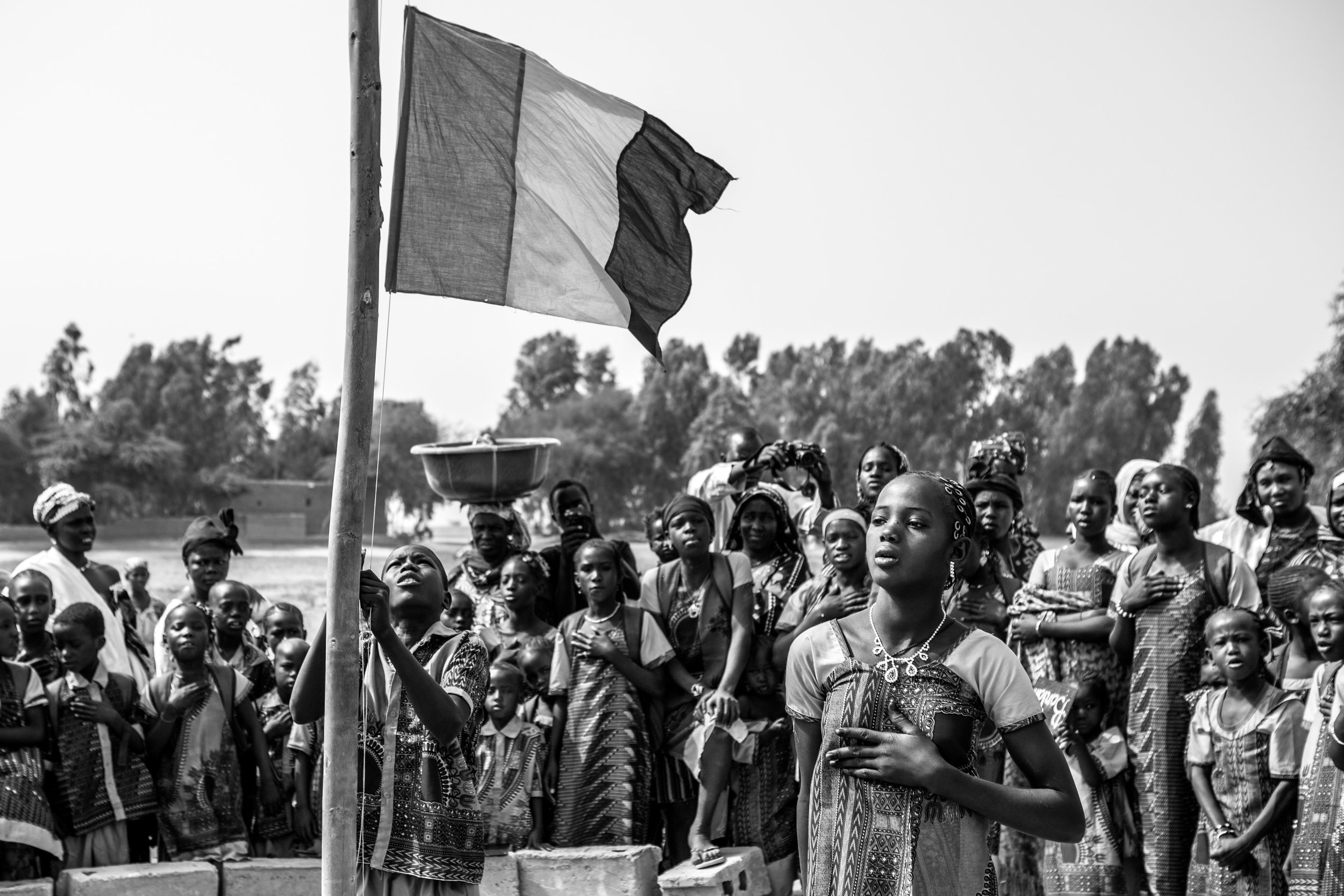
Why Mali?
We focus our programs on Timbuktu, Mali, a place rich with historical significance
Mali’s Importance in History
Mali is a poor country with low levels of literacy, life expectancy, and per-capita income, but it is also rich with history, culture, and an amazing landscape. While Mali ranks quite low with other West African countries on the UN Human Development Index, it is bright in spirit and vibrancy as a result of the kind-hearted and engaging people. Mali is a country of villages and a large number of different ethnicities, more so than almost any other African country. It is one of the largest countries in Africa with the continent’s third longest river, the Niger, flowing through a good part of it. The city holds a rich cultural legacy of ancient mosques, universities and libraries which hold one of the world’s treasures — ancient manuscripts that are a testament to the very high level of scholarship and culture of this part of the world.
“Timbuktu was famous for educating important scholars who were well known throughout the Islamic world. Many individuals traveled to the city to acquire knowledge; others came to acquire wealth and political power.
Situated on the edge of the Sahara Desert, Timbuktu was famous among the merchants of the Mediterranean basin as a market for obtaining the goods and products of Africa south of the desert. However, Timbuktu's most famous and long-lasting contribution to Islamic and world civilization is the scholarship practiced there. By at least the fourteenth century, important books were written and copied there, establishing the city as the center of a significant written tradition in Africa.
These ancient manuscripts cover every aspect of human endeavor. The manuscripts are indicative of the high level of civilization attained by West Africans during the Middle Ages and provide irrefutable proof of a powerful African literary tradition. Scholars in the fields of Islamic Studies and African Studies believe that analysis of these texts will cause Islamic, West African, and World History to be reevaluated. These manuscripts, surviving from as long ago as the fourteenth century, are remarkable artifacts important to Malian and West African culture.”
From the Library of Congress
Camel Caravans
Timbuktu’s location at the confluence of the Southern Sahara desert and the Niger River made it a crucial trade route waypoint for traders and caravans passing from Europe and the Middle East into Sub-Saharan Africa. As the caravan trade diminished due to more modern means of transport, and after years of drought and the loss of their herds of cattle and goats, the Tuareg, the nomadic people of the Sahara Desert, were forced to settle down in the villages near Timbuktu in the 1990s. Their children had never known formal school nor has the government invested in building schools.
Today, while the people still have this rich heritage in their DNA, the area has fallen on difficult times due to desertification, insecurity and lack of government support which has contributed greatly to challenging issues such as literacy. Mali is one of the world’s most illiterate countries with literacy at around 26% and the literacy rate in the villages around Timbuktu is less than 10%.
We are committed to Mali in part because of the need but also because of the incredible opportunity to make an impact. Timbuktu is world famous for its scholarship, and we want to honor its place in history, which is why we call ourselves Caravan To Class. We are proud to partner with the Malian people on the future of their children and their country.








